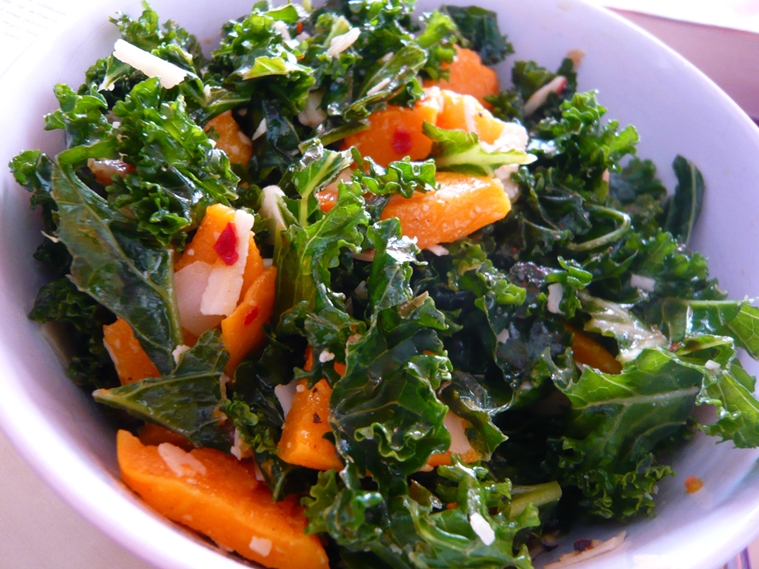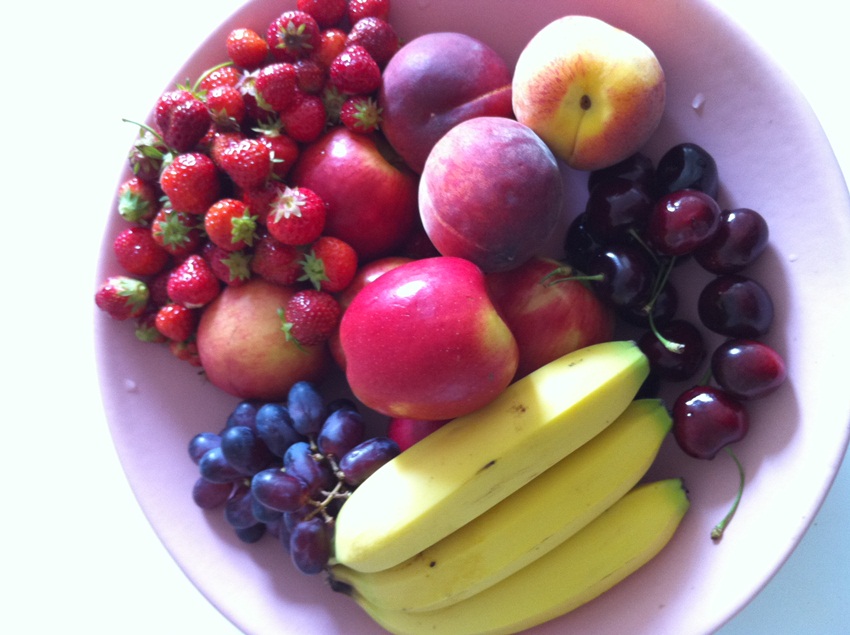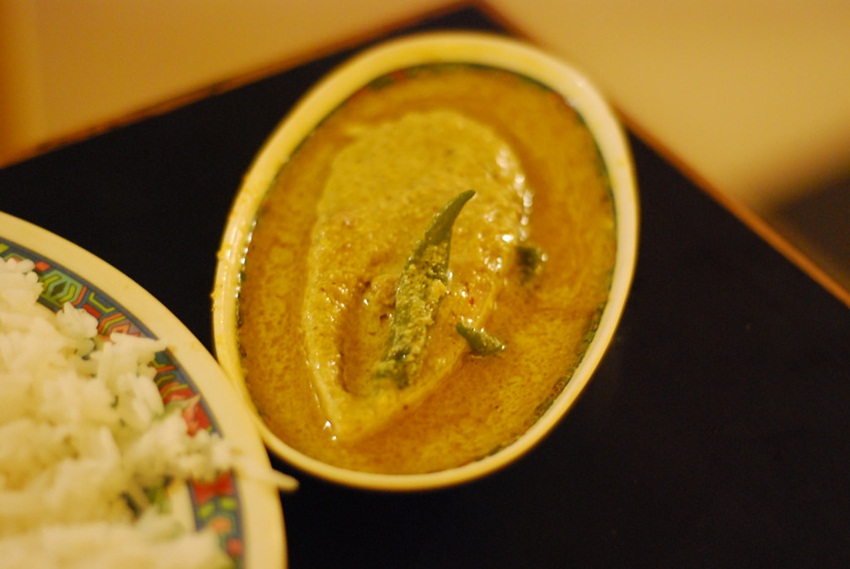 Salads are an important addition to a PCOS diet. Photograph by Jessica Splenger/Flickr
Salads are an important addition to a PCOS diet. Photograph by Jessica Splenger/Flickr
Polycystic ovary syndrome or PCOS is a common affliction among women caused by a hormonal imbalance and high levels of androgen. “PCOS can be checked if you pay attention to your food sensitivities and allergies early,” says Mumbai-based nutritionist and food consultant G Padma Vijay. Women who lead a sedentary lifestyle and are overweight have been diagnosed with PCOS, but Vijay adds that women of a normal weight can also develop PCOS. “The symptoms to look for during one’s teens is excessive acne and facial hair,” she adds, “If you can check for PCOS right then and control your diet, problems such as infertility may not crop up later.”
All foods high in sugar need to be avoided. “Women with PCOS need to eat foods that have a low glycemic index so that they don’t develop further complications such as diabetes and keep PCOS under control,” says Vijay, “There is a rapid fluctuation of sugar levels in any case because of the hormonal imbalance and further intake of sugary food will only make it worse.” Here are some of the dietary measures that can be taken by those diagnosed with PCOS, according to Vijay.
 Raw foods including fruits and vegetables help keep PCOS under check. Photograph by Chris Hill/Flickr
Raw foods including fruits and vegetables help keep PCOS under check. Photograph by Chris Hill/Flickr
Eat balanced, small portions instead of large meals. High salt, fried food should be avoided.
The meals should include plant-based proteins.
Salads and raw foods – both raw vegetables and fruits – are beneficial for PCOS patients.
 Hilsa, which is a big part of Bengali food, is among the fish found in India that is good for a PCOS patient. Photograph by Sayamindu Dasgupta/Flickr
Hilsa, which is a big part of Bengali food, is among the fish found in India that is good for a PCOS patient. Photograph by Sayamindu Dasgupta/Flickr
Non-vegetarians should eat oily fish such as salmon, tuna, hilsa, rohu, surmai and mackerel (bangda) because they contain Omega-3 fatty acids, which helps alleviate the condition. Women with PCOS should avoid animal protein that has high levels of fat.
If not allergic to soya, then soya would add a good protein component to a PCOS diet.
Foods rich calcium and folic acid such as low fat dairy reduce the symptoms of PCOS.









